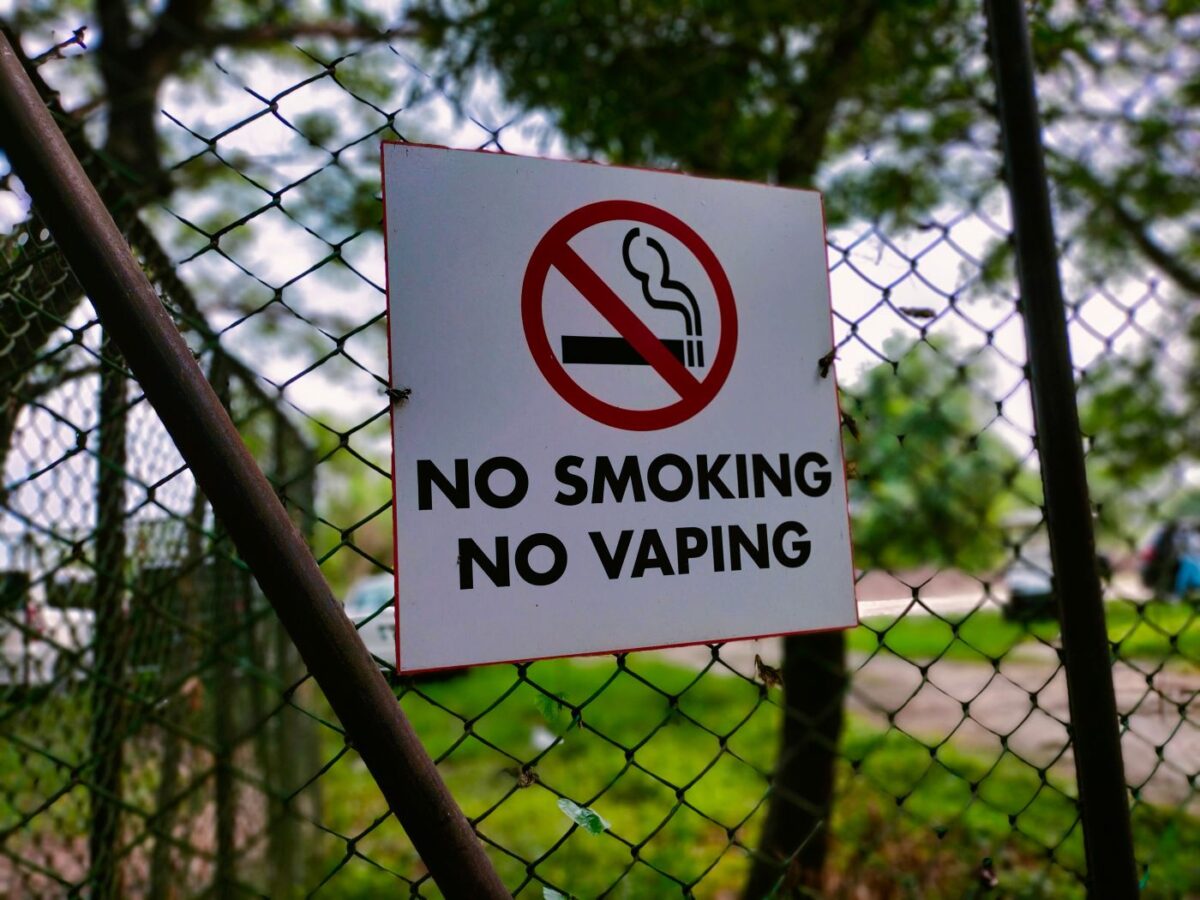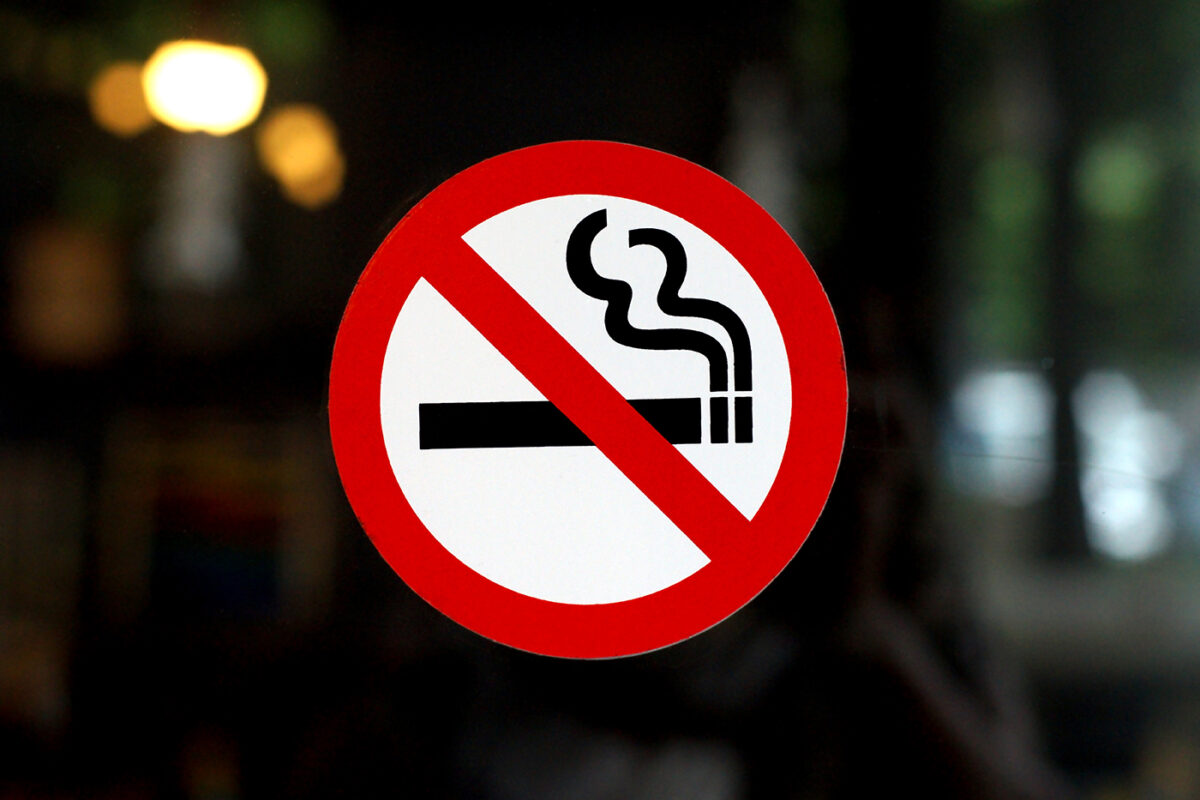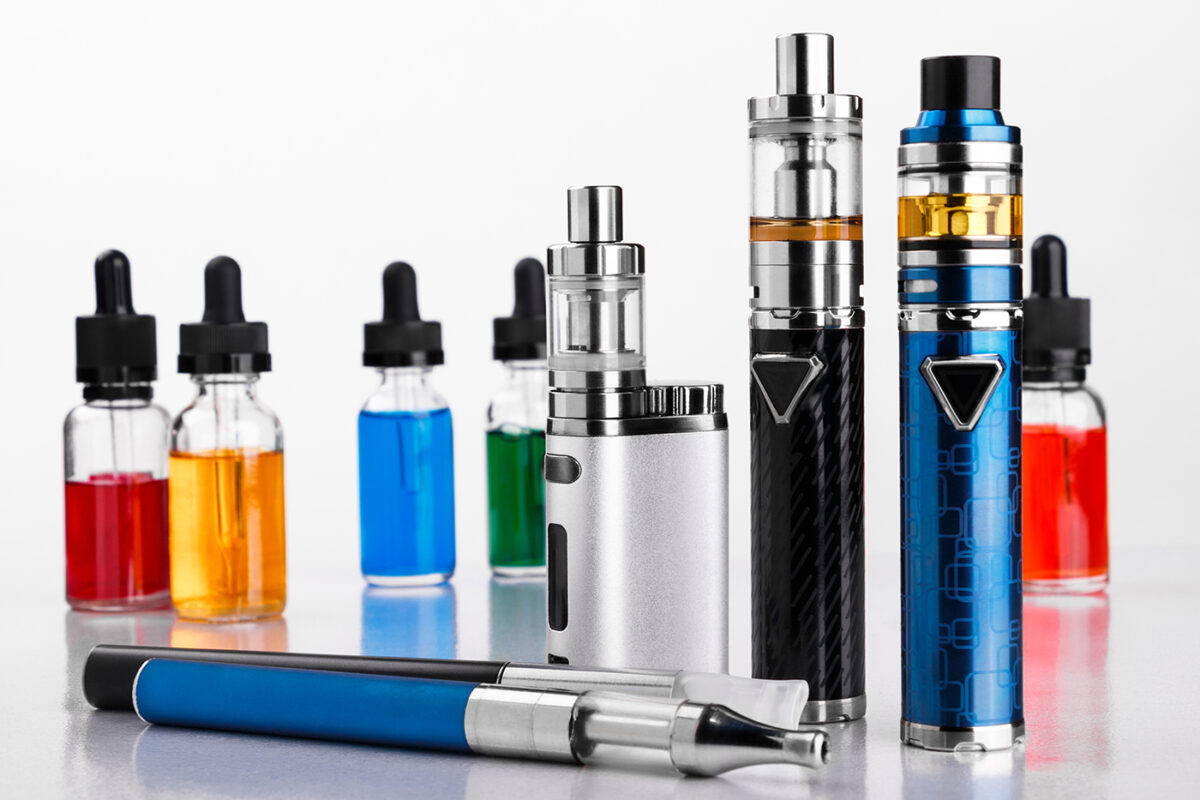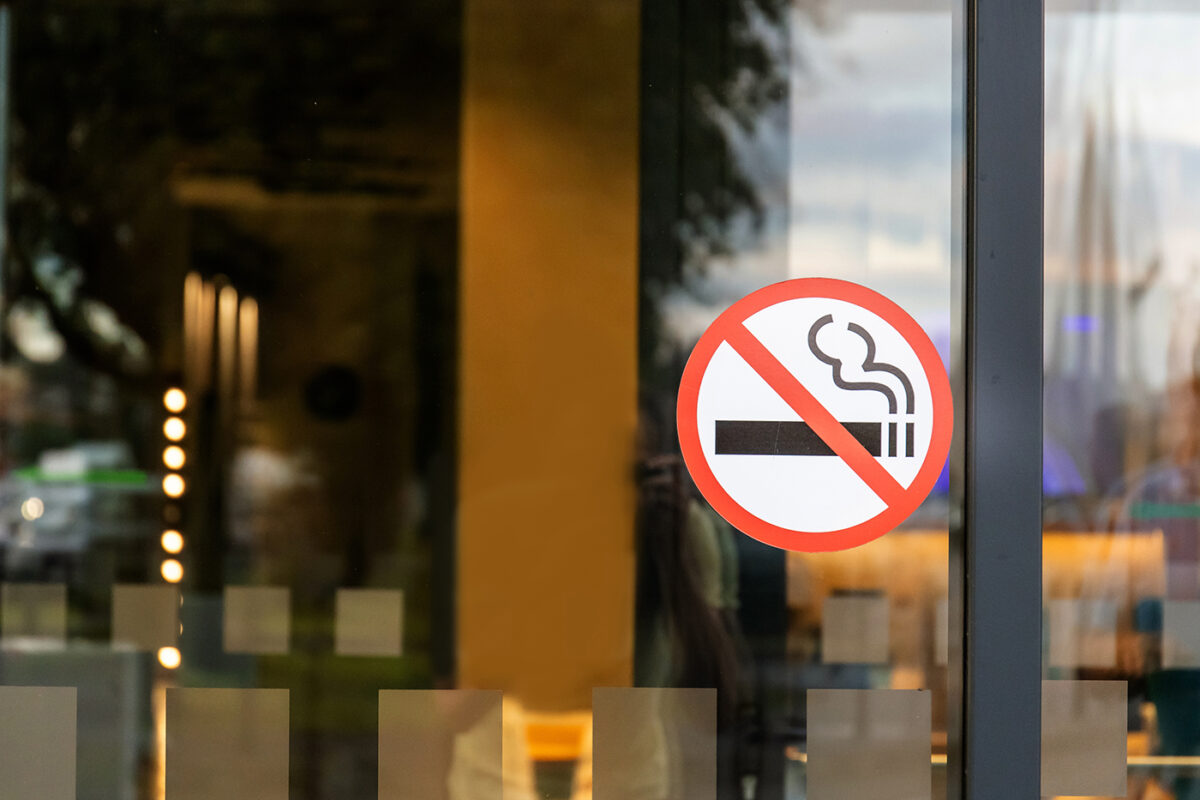
Author
Jennifer Wessel, JD, MPH
Senior Policy Analyst and Data Privacy Officer
501-526-2244
JBWessel@achi.net
The 92nd Arkansas General Assembly passed legislation — Act 580 of 2019 — increasing the minimum age to purchase, use, or possess tobacco products, vapor products, alternative nicotine products, and e-liquid products (hereafter referred to as tobacco and nicotine products) from 18 to 21. This provision of the law goes into effect Sept. 1, 2019. Enforcement authority for retailers lies with the Arkansas Tobacco Control Board, which may suspend or revoke retailer permits and issue penalties.
The law exempts individuals who will turn 19 by Dec. 31, 2019 and members of the United States Armed Forces. Previously, local governments could pass ordinances to raise the minimum age, which two cities and one county in Arkansas had done. However, Act 580 preempts local governments from enacting and enforcing regulations concerning the sale, distribution, and manufacture of tobacco products.[1]
Notably, the law also provides explicit authority to certified law enforcement officers and school officials to confiscate tobacco and nicotine products from minors. A minor who commits a criminal offense while in possession of a tobacco and nicotine products may be ordered to perform up to three hours of community service and enroll in a tobacco education program. The increasing prevalence of vaping among youth was cited by Arkansas school superintendents and students in legislative hearings as a primary driver of the need for policy change.
Nine out of 10 cigarette smokers first try smoking by age 18, according to the Centers for Disease Control and Prevention (CDC). Although cigarette smoking among high school students has dropped in recent years, the CDC estimates 13.7% of high school students in Arkansas smoke cigarettes and 13.9% use e-cigarettes. Individuals who begin to smoke at a young age have a greater risk of becoming addicted, smoking daily, smoking more, and having a more difficult time quitting. A 2015 Institute of Medicine report concluded that raising the minimum age for tobacco sales to 21 leads to fewer people taking up smoking and substantially reduces smoking-related deaths. Fifteen states currently have laws setting the tobacco sale age at 21, Arkansas among them, and efforts are underway to implement this change nationwide.






